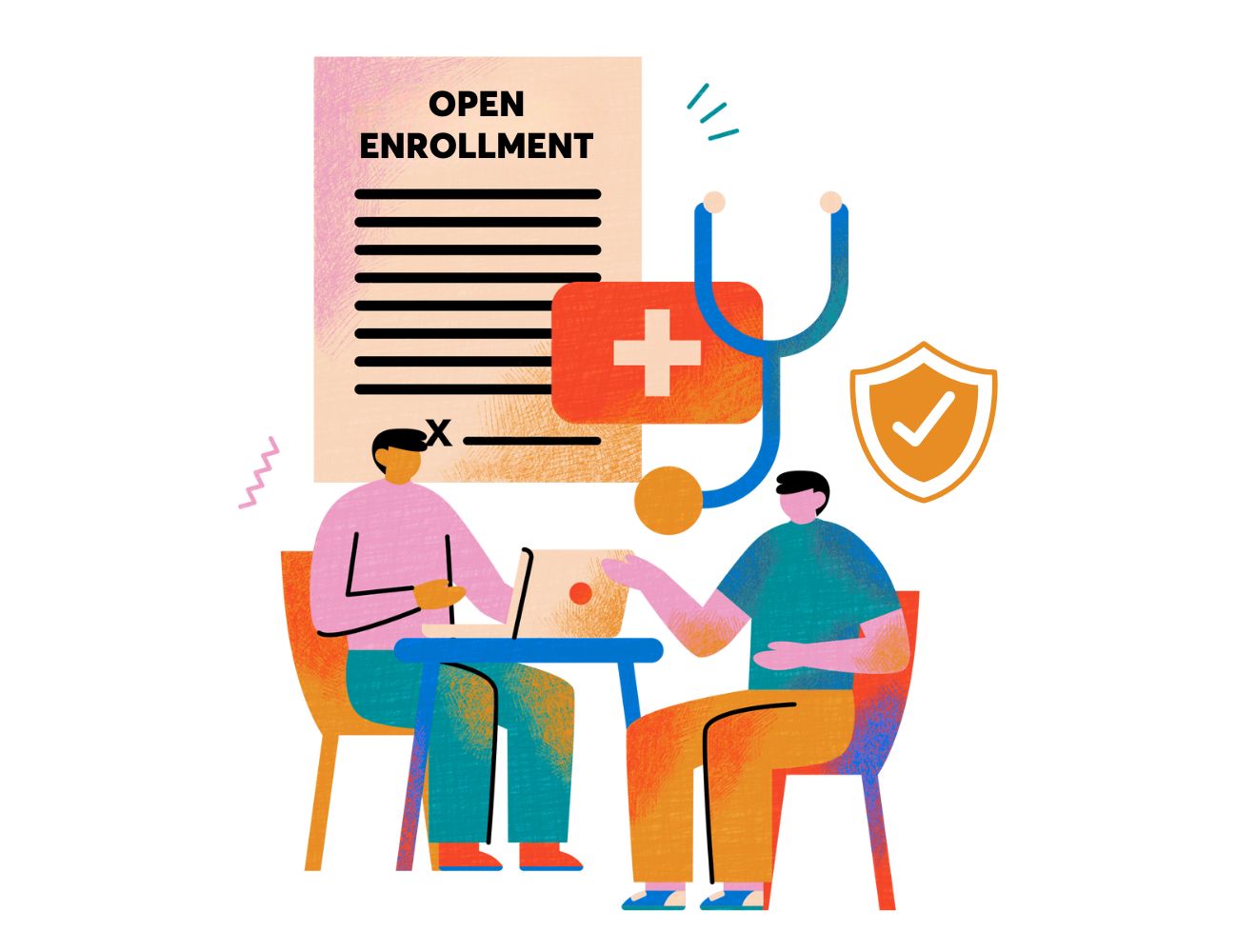Recently, Ernst & Young conducted their “Better You” survey to examine how employee benefits are valued by both the current and upcoming workforces. By collecting responses from 1,000 employees across different generations and 1,000 current undergraduate students in the US, they examined what benefits people favored the most and how benefits were actually being utilized. The results give insight into how businesses can better retain and recruit talent by anticipating the desires of both the current and upcoming workforce.
Employees Favor Generous Wellness Support, Prioritize Mental Health
The survey found that offering a generous health benefits package is just as important as a competitive salary for workers—and health insurance alone isn’t enough. Younger workers are particularly interested in these benefits, with 47% of Gen Z employees prioritizing them over a competitive salary and 20% of that demographic specifically favoring mental health and addiction support.
Not surprisingly, the importance of mental health benefits has grown as stigmas surrounding these issues fade and people become more aware of the connection between physical health and mental, emotional, and social wellness. Nearly two-thirds (63%) of employees across all age groups reported feeling comfortable talking about their emotional, psychological, and social well-being at work. Additionally, a huge majority—91% of employees in Gen Z, 89% of millennials, and 77% of baby boomers—want to work for a company that specifically supports mindfulness.
Interestingly, the survey also found that workers are more likely to take mental health days than other traditional paid time off. Four out of ten employed Americans report taking a mental health day, even while 29% don’t use all of their paid time off. When asked about unlimited paid time off, employees reported that they would likely use only one to ten days off total. Millennials (38%) in particular choose not to use all their allotted paid time off to show dedication to their job.
“Belonging to a workplace that supports mindfulness is important for 87% of adults.”
This trend may continue with younger employers. Although only 29% of college students report using their school’s mental health services, over half (56%) of them report taking a mental health day, with females (67%) more likely to do so than their male colleagues (46%). Employers may want to anticipate this need by adding dedicated “mental health days” into paid time off packages, or by providing resources and content that support mindfulness, emotional balance, and stress relief.
Younger Generations Value Professional Development Opportunities
While not quite as popular with baby boomers, millennial and Gen Z workers are especially interested in continuing their education and learning new skills.
Currently, 86% of employed adults surveyed work for companies that offer professional development opportunities, including skills-based, future-focused training programs (52%), conferences and workshops (38%), and formal/continuing education (35%). Well over half of Gen Z and millennial employees report taking advantage of their employer’s professional development opportunities, but only 39% of baby boomers can say the same. Despite being just out of school, even college students want these opportunities from future employers, with most (54%) interested in skills-based training programs.
This may partly be due to concerns over job security. Advancing technologies have especially impacted certain industries and specific job roles. Roughly two-thirds (64%) of employees would rather take advantage of learning opportunities and be retrained than accept a severance package. In industries experiencing a lot of change or more involved in technology and communication, this benefit may be even more coveted.
Employees Need Guidance On Long-term Benefits
The survey also found that, while employees mostly (70%) want long-term benefits (e.g., retirement accounts) instead of short-term benefits (e.g., gym memberships), over a third (37%) say they do not fully understand how to take advantage of these benefits. Additionally, 29% do not even use these offerings, with 36% of female respondents saying these benefits do not meet their needs.
This highlights the need for clear communication between businesses and their employees about how to understand and use benefits. There isn’t a lack of interest, but there is perhaps some stress associated with figuring out how they work. Especially in the case of retirement accounts, being able to start at a young age to fully take advantage of the financial rewards is important.
The lack of employee engagement may also be indicative that current offerings are not quite living up to employees’ expectations. For female employees in particular, offerings that relate to maternity and family leave may not be working out for them. Making sure that benefits are both relevant and clearly understood is the key to realizing their full value in attracting and retaining top talent and increasing employee happiness and productivity.












